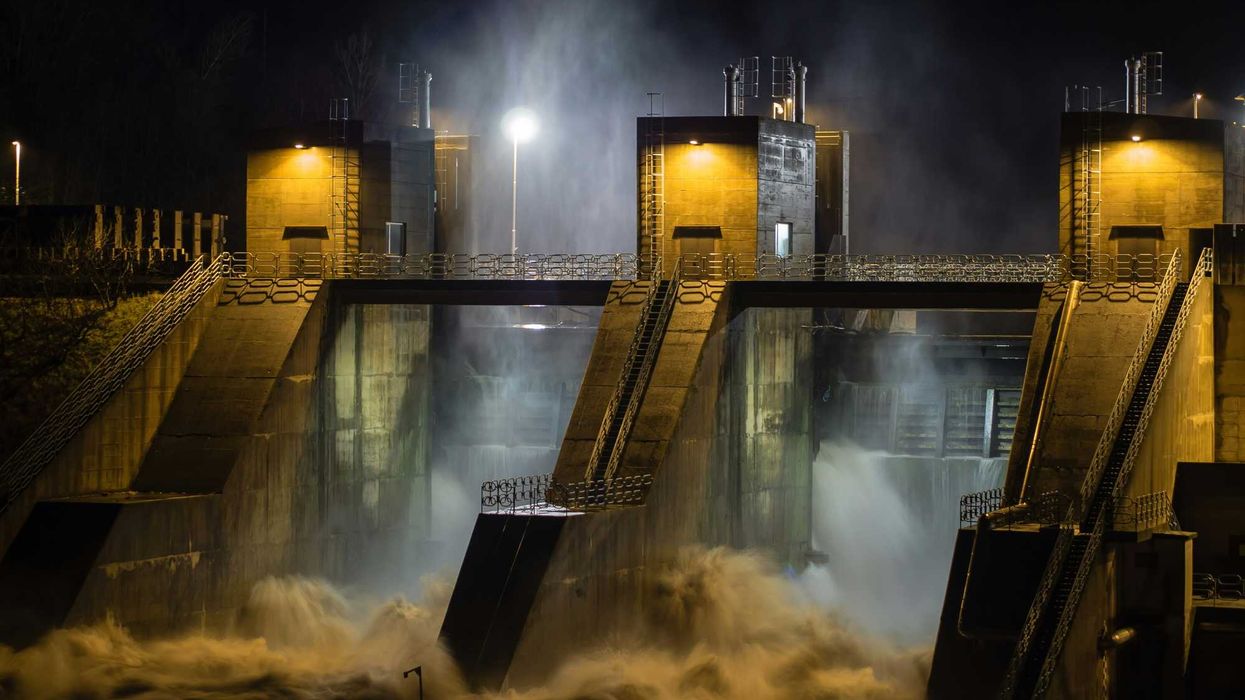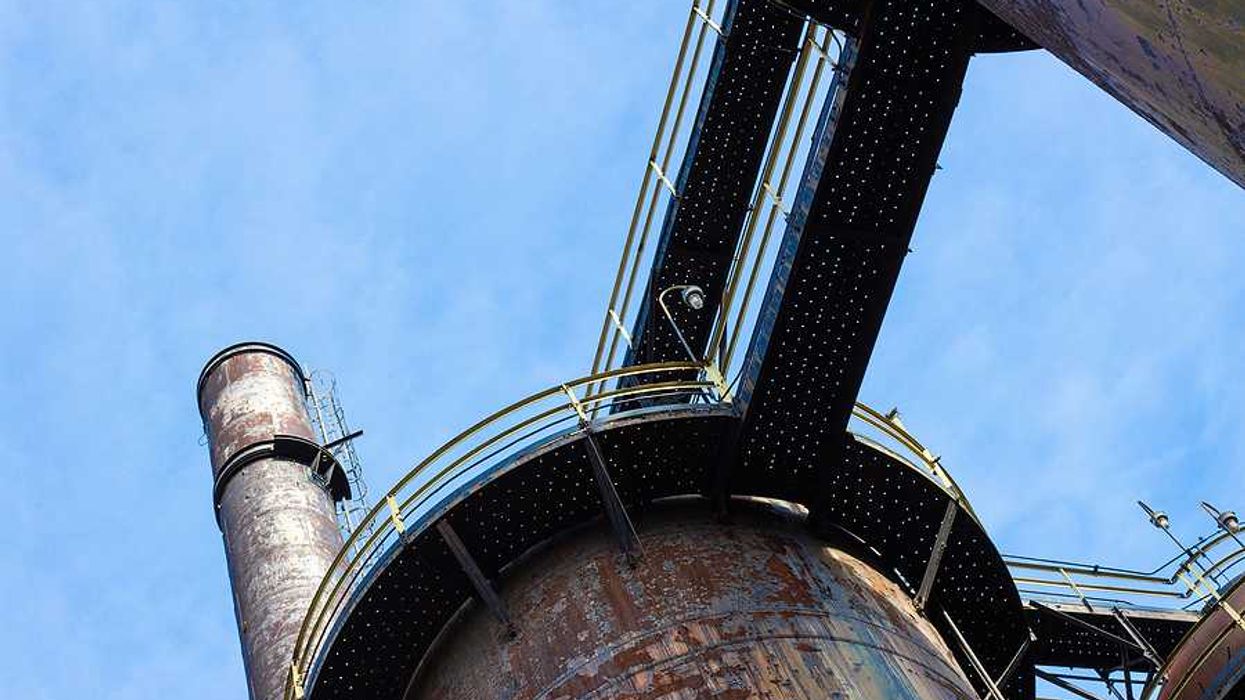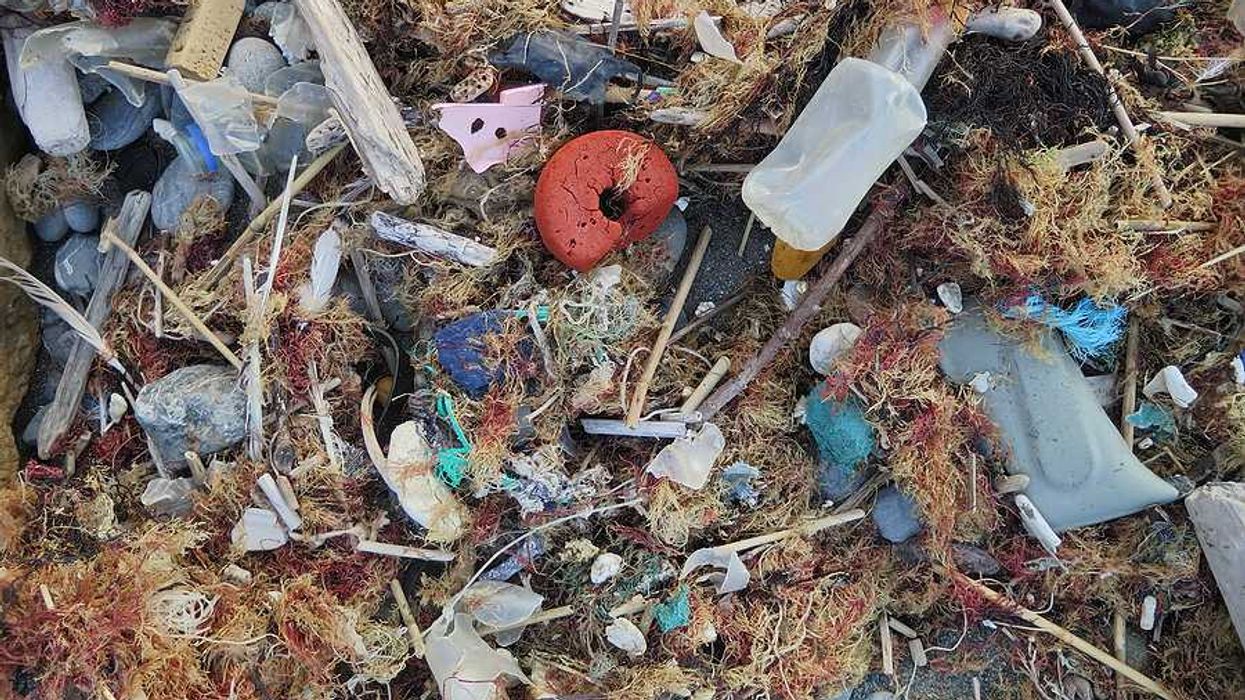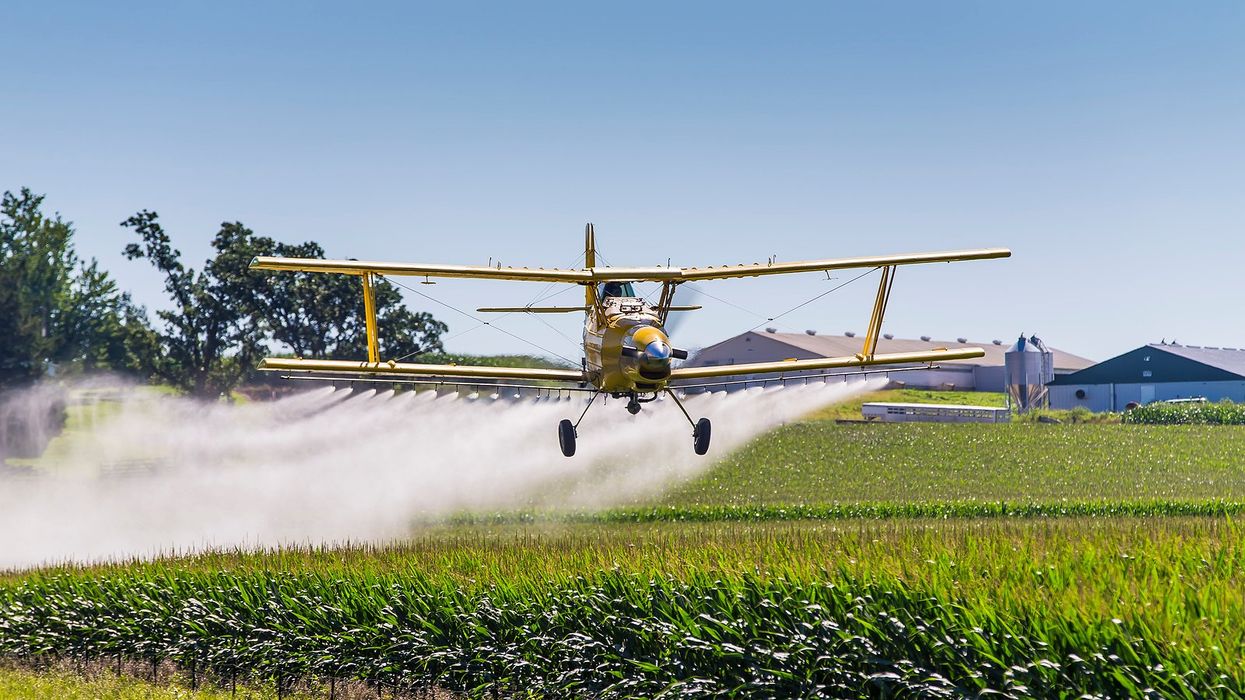The U.S. Supreme Court is weighing whether regional courts, not just the D.C. Circuit, can hear disputes under the Clean Air Act, in a move that could reshape how environmental regulations are challenged.
Rachel Frazin reports for The Hill.
In short:
- The Court reviewed two cases challenging whether certain Clean Air Act disputes must go to the D.C. Circuit or can be heard in regional courts.
- The U.S. Environmental Protection Agency argues that centralized review avoids inconsistent outcomes, but justices questioned whether the agency is seeking "home court advantage."
- The disputes involve biofuel blending exemptions for oil refineries and rejections of state air quality plans.
Key quote:
“Isn’t it very odd to say that the court, in deciding whether there’s venue in one place or the other, should defer to the view … [of] one of these parties who are contesting the right to get home court advantage?”
— Justice Samuel Alito
Why this matters:
The courtroom where a Clean Air Act case lands can be just as critical as the law itself. Historically, many of these cases, particularly ones involving nationwide rules, have been heard in the D.C. Circuit, which has deep experience in complex environmental litigation. But there's been a recent push, especially by industry groups and some states, to shift more cases to regional circuit courts, several of which are dominated by conservative-appointed judges. That matters because different courts may interpret the same Clean Air Act provisions in vastly different ways, altering the legal landscape for everything from power plant emissions to vehicle standards.
These venue battles shape how fast or even whether pollution controls take effect. A ruling from a regional court that delays or weakens federal air quality standards can directly affect how much pollution communities are exposed to, especially those downwind from heavy industrial zones. With climate-linked disasters on the rise and bad air days still the norm rather than the exception for millions, the stakes of these jurisdictional questions are growing, both for public health and for the country’s ability to respond to a warming planet.
Related: States push EPA to address PFAS air pollution under Clean Air Act














